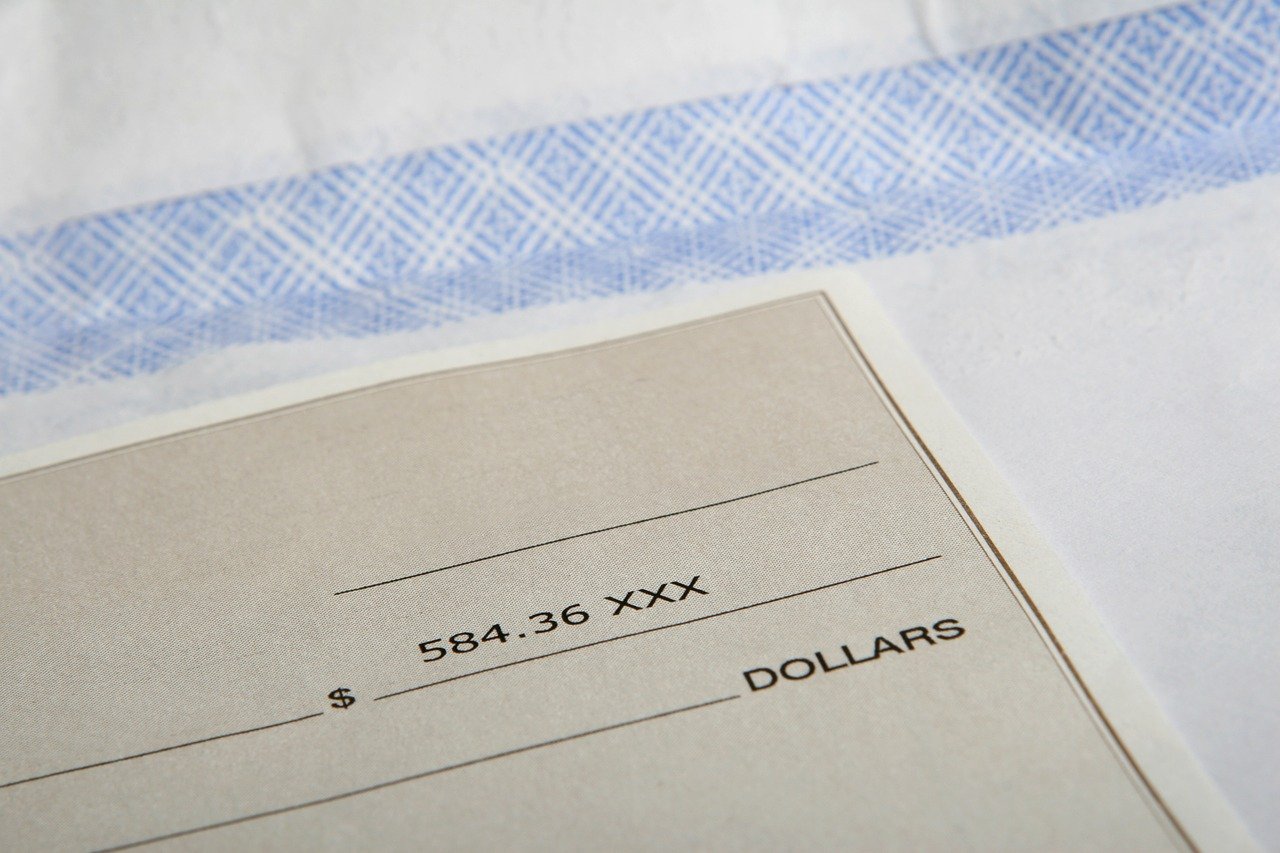
Certificates of deposit are trades provided by banks and brokerage companies where the investor commits to earning money from the certificate of deposit for a particular time period in exchange for providing the investor a guaranteed interest rate.
This interest rate is generally greater than other bank accounts since the lender can rely on the money staying in the accounts for the whole period of the certification of deposit and so invest it into longer-term investments which yield a greater rate of recurrence. In case the cash is removed early, the buyer is going to need to pay a serious punishment, often several weeks worth of attention.
What’s a Coupon?
A coupon will be the stated interest rate on the certificate of the deposit. The expression comes in bonds that have coupons that have to be ripped off the initial bond and must be paid off the interest. The rate of interest given by the coupon is paid in set periods.
Zero-Coupon Certificates of Deposit
Zero-coupon certificates of deposit are the ones that don’t have some interest payments on the account before the maturity date. These certifications of deposit are often priced below their real value to draw investors.
Tax Implications
Beneath U.S. tax legislation, the investor should pay taxes on interest because it’s accrued as opposed to as it’s paid. This usually means that in case you put money into a zero-coupon certification of deposit which will grow in five decades, you’re liable for paying taxes to the interest accrued from the first year if you file your own taxes despite the fact that you won’t unnecessarily be paid money before the certificate of deposit takes a few decades after.
Calculating Accrued Interest
To compute the amount of interest has accrued in your zero-coupon certification of deposit, then use the formula below where P is the primary, R is the yearly pace, and is the number of days because interest has been compensated: Accrued Interest = P * R / 365 * T by way of instance, in the event that you invested $10,000 in a certificate of deposit which paid a yearly rate of interest of 3%, after 100 days you’d have shrunk $82.19.
Additional CD Payment Procedures
Many certificates of deposit pay attention at predetermined intervals during the period, instead of waiting to take a lump sum payment once the certificate of deposit grows. These certificates of deposit payout the attention to the investor pay off the interest back in the certification of deposit. When it’s paid, the buyer will receive a check or the cash is going to be moved into a different account. This process is preferable for those that have invested in a certificate of deposit to really have a fixed income. In the event the cash is reinvested, it’s added into the principal of this certificate of deposit future interest payments increase. It is more preferable for people who don’t have any demand for the cost and so is buying the certificate of deposit to get the sake rate it gives.
ALSO READ: Various Effects of Banking on Small Businesses